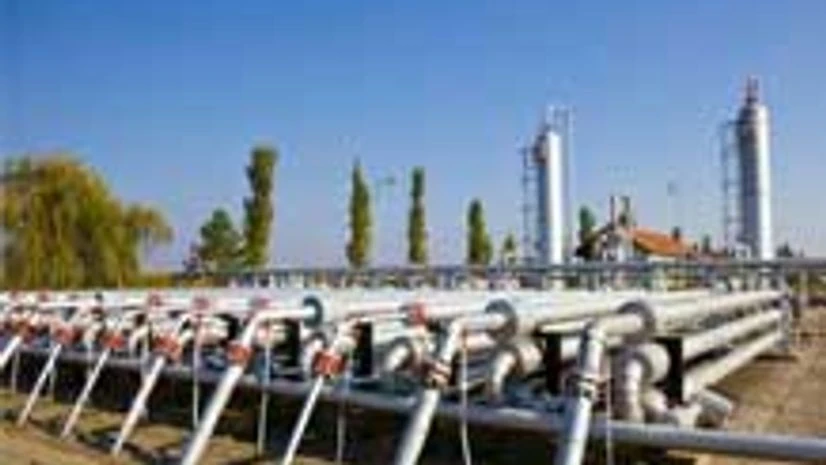After putting off implementation of a contentious gas pricing formula, the new government will start consultations afresh with all stakeholders to arrive at an acceptable increase in natural gas rates.
The Cabinet Committee on Economic Affairs had on June 25 deferred a decision on raising gas prices based on a formula approved by the previous UPA government by three months to hold consultations with all stakeholders keeping public interest in mind, government officials and industry sources said.
"The key word in the Cabinet decision was public interest. Public interest in this case can be defined as ensuring that the increase in gas price is affordable," an official said.
Also Read
The formula approved by the previous government would have led to prices of gas, which is used mainly for power and fertiliser production, more than doubling to around $8.8 per million British thermal unit.
Every dollar increase in gas price will lead to a Rs 1,370 per tonne rise in urea production cost and a 45 paise per unit increase in electricity tariff. There would be a minimum Rs 2.81 per kg increase in CNG price and a Rs 1.89 per standard cubic metre hike in piped cooking gas.
Considering a $4.5 dollar increase, power cost would have gone up by over Rs 2 per unit and CNG rates jumping by over Rs 12.6 per kg. Besides piped cooking gas price would have gone up by Rs 8.50.
Sources said it is unlikely that a new expert committee will be formed and the oil ministry will take a proposal for raising gas prices to the Cabinet after holding consultations with user ministries of power and fertiliser as well as finance. Gas producers and user industries will also be consulted.
The impact of the UPA government approved formula on power and CNG rates were among a host of other reasons that led to postponement of gas price hike.
The UPA's pricing formulation had been challenged in the Supreme Court and an FIR is pending in Delhi's Anti Corruption Bureau on the issue.
Also, the Parliamentary Standing Committee on Finance and the Standing Committee on Petroleum had made adverse comments on the formula, the sources said.
If the government decided to insulate the general public from the price rise, then there would have been substantial increase in burden of subsidy, the officials said.
Gas producers want gas prices to be raised as they feel the current $4.2 per mmBtu rate is insufficient to make many discoveries economically viable to produce.
They feel an increase in rates will help raise output by bringing hereto economically not viable fields to production and help cut imports.

)
